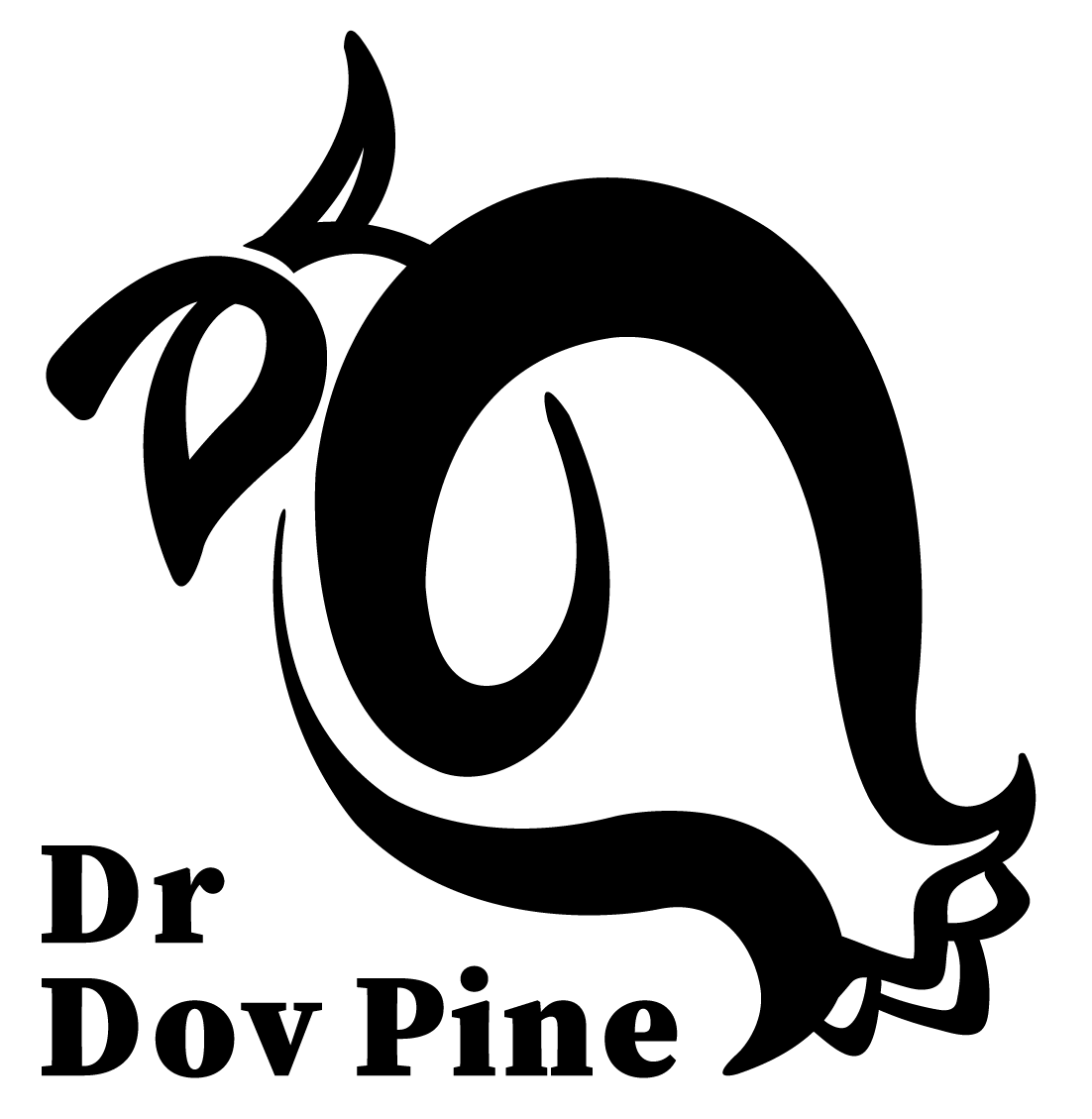
We grew up with a huge amount of forest behind our home in Atlanta. Exploring through woods, my brother Noah and I would forage around and collect these funny looking mushrooms and string them up in necklaces. For us they were just fun. As a kid I sometimes imagined how the Cherokee might prepare them into special potions. Decades later these Turkey Tail mushrooms are a health supplement I often use in clinical practice.
Turkey Tail mushrooms (Trametes versicolor) have a myriad of health benefits ranging from cancer fighting to prebiotic, from brain antioxidants to bone density enhancement. It is because of two unique polysaccharides called PSK and Polysaccharopeptide (PSP).
Anti Cancer Effects
PSP and PSK have been the subject of cancer research on three different levels. Firstly, they wake up the immune system to better recognize cancer cells and then recruit natural killer cells, tumor specific macrophages and CD8 +T cells to fight the cancer. In technical terms we will call this upregulation of the TH1 and IFN- γ immune responses. The TH1 immune response is responsible for anti-cancer immune behavior.1 Anything that stimulates TH1 is important in cancer support treatments.2
Secondly, Turkey Tail mushrooms prevent the immune system from “turning down” the anti-cancer system immune response. In technical terms we will call this down-regulation of TH2. Guggenheim et al, reports that other mushrooms like agaricus, maitake, reishi and cordyceps share this immune response for TH2 down-regulation.1 These two features mean that Turkey Tail mushrooms have both offense and defense health properties when it comes to cancer.
The third level of involvement relates to patients going through chemotherapy and radiotherapy for cancer treatment. Both treatments cause significant depletion of red and white blood cell production. Medicinal mushrooms including Turkey Tail help protect against this which can further support patients undergoing standard cancer treatments.1 Much of this became popular knowledge when Paul Stamets gave a TED talk on his mother’s successful battle with breast cancer while using Turkey Tail mushrooms. Much research I have come across involving Turkey Tail mushrooms and cancer pertains to breast cancer and leukemia.4-6
Prebiotic / Microbiome / Immune Support
Probiotics have been a buzz word for years. Prebiotics are a new major focus within the gastrointestinal health and microbiome research fields. Prebiotics are the materials or substrates that feed our good gastrointestinal bacteria and resultantly starve out the bad bacteria. The balance of microbial flora in the human intestines is involved in a myriad of dis-eases ranging from diarrhea and candida to inflammatory bowel disease and other autoimmune disorders. Proper use of prebiotics may help restore a healthy microbiome environment and remediate the health condition involved.
Turkey Tail mushrooms or more specifically their PSP component, have been shown to significantly increase good bacteria like Bifidobacterium spp, Lactobacillus spp. and reduce the pathological Clostridium spp., Staphylococcus spp. and Enterococcus spp bacteria. The genera of good bacteria commonly stimulated by prebiotics like fructooligosaccharides (FOS) and others are equally stimulated by Turkey Tail mushrooms.7,8 This mechanism positively impacts many functions and health conditions and subsequently may account for why the Turkey Tail health effects are so widely attributed in Traditional Chinese Medicine.
Additionally, Turkey Tail mushrooms are shown significant anti-viral activity against Influenza A, herpes simplex and even human papilloma virus HPV.9,10
Osteoporosis
Osteoporosis is an age related chronic disease involving loss of bone density. Among seniors, one fall and a broken hip involves hospitalization, immobilization and the unfortunate potential for other health complications. Preventing and protecting against bone density loss once it is occurring has achieved mixed results at best with modern medicine and pharmaceuticals. As a natural remedy, Turkey Tail mushrooms protect against bone density loss (resorption) and help increase bone density and bone formation according to one study on diabetic rats.11 In another study, mushrooms including Turkey Tail, shiitakes and maitake prevented bone resorption (osteoclast activity) and the shitake mushrooms stimulated new bone mineralization.12 One more reason to regularly consume these special foods.
Brain Health and Antioxidation
Anti-cancer, microbiome supporting and bone protecting effects, it’s a good package. What about brain function?
A 2013 study demonstrated that Turkey Tail mushrooms protect brain tissue from lipid peroxidation and free radicalization. It showed lower levels of free radicals in the brain tissue of rats using Turkey Tail mushrooms following exhausting exercise. The mushrooms both prevented the typical higher levels of MDA or lipid peroxidation post exercise and involved greater production of SOD for free radical clearance.13
Using Turkey Tail at Home
Turkey Tail is one of our favorite evening teas to make at home. The Japanese call them Kawaritake meaning cloud mushrooms because of their shape. The Kawaritake symbolism evokes notions of health, spiritual essence and timelessness. We love the taste and find them very mentally relaxing prior to sleep.
Disclaimer. The information represented in this article is meant to provide concepts from evidence based research. It is not intended to treat or diagnose any health condition. For appropriate treatment methods please contact your healthcare provider.
